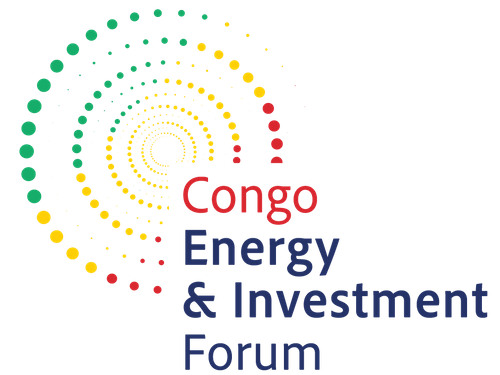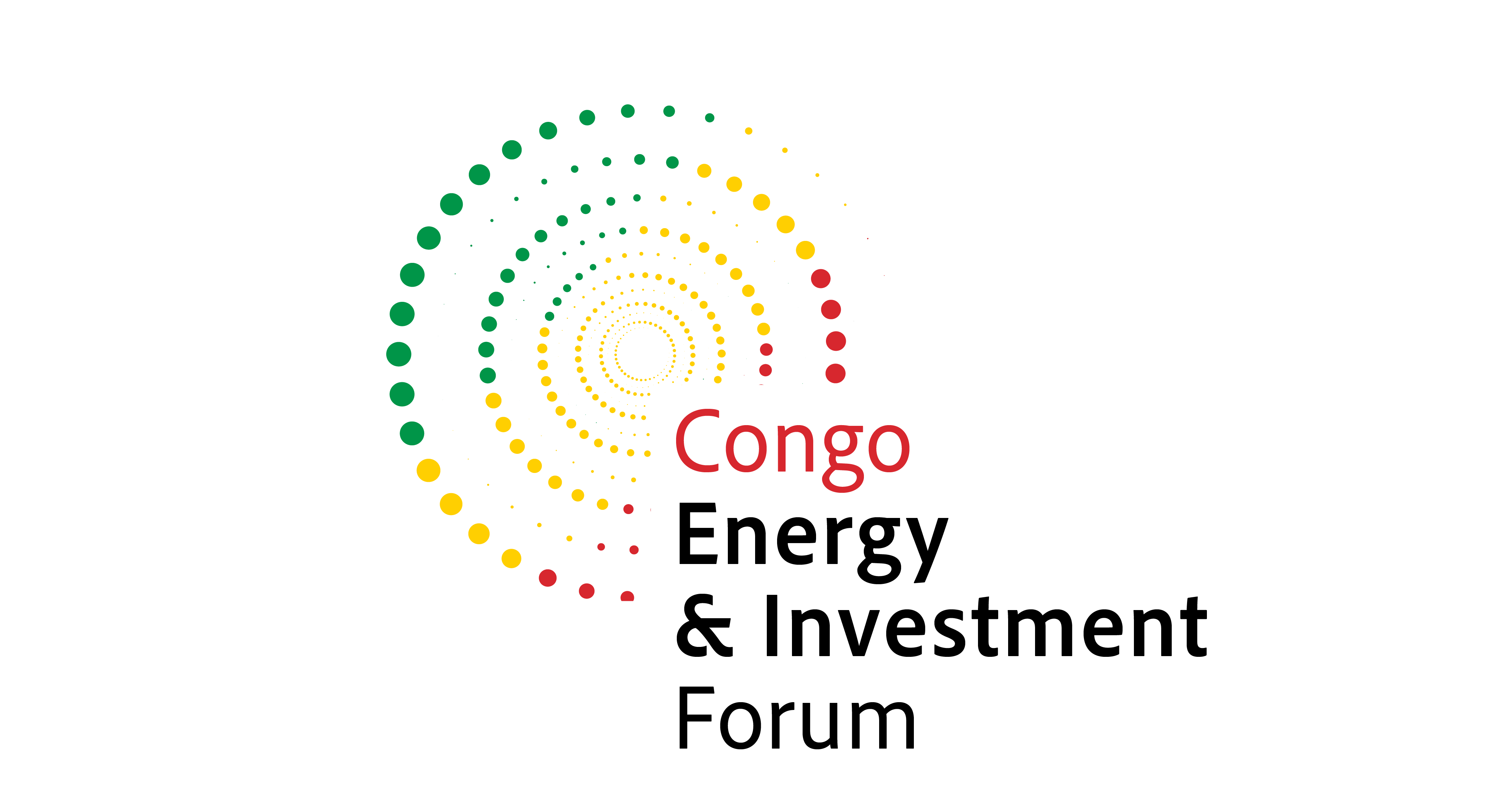Chinese Investments Driving Economic Development in RoC
)
As President Denis Sassou Nguesso and Chinese President Xi Jinping discussed during the 2024 Forum on China-Africa Cooperation, the partnership is set to deepen further. At the summit, Xi emphasized China's commitment to supporting the RoC in its economic ambitions. He encouraged Chinese companies to actively engage in infrastructure and regional connectivity projects, particularly those linked to agriculture, digitalization, and green development.
This call for participation signals a strategic shift towards sustainable growth and modernization. For the RoC, these efforts align with its vision to diversify its economy and enhance its energy sector, including both renewable energy and hydrocarbons. By leveraging Chinese expertise and capital, the RoC aims to accelerate development in key sectors, potentially transforming its energy landscape and positioning the country as a regional hub for sustainable energy projects.
Building the backbone: Connectivity Infrastructure
In 2023, China was the RoC's leading economic and trade partner, with total investments valued at $100 billion, primarily focused on connectivity infrastructure as part of its Belt and Road strategy, a global infrastructure development initiative adopted by the Chinese government in 2013 to invest in more than 150 countries and international organizations.
Several Chinese-led projects have played a key role in establishing the RoC as a regional transit hub. In 2018, the state-owned China State Construction completed the modernization of Brazzaville Airport, located in the Nkayi suburb. The project included a specialized 2,200-meter-long, 30-meter-wide runway and a 3,125-meter airport access road.
Earlier, in 2016, the same company inaugurated National Highway 1 (RN1), a 535 km road connecting the economic hub of Pointe-Noire in the west to the capital, Brazzaville, in the east. RN1 is the country's only four-lane, bidirectional highway linking east to west and a key asset for economic development.
Renewable Energy Investments to Improve Power Access
China is also investing in renewable energy in the RoC, in line with the government’s strategy to make the country an energy corridor and achieve 50% electricity access in urban and rural communities by 2030.
The RoC currently operates more than 1,500 km of transmission lines, supplying nearly 700 MW of electricity. This includes 19 MW from the Liouesso hydropower plant, 120 MW from the Imboulou plant and 74 MW from the Moukoukoulou plant, all constructed in partnership with China. The Sounda hydropower plant, developed by renewable energy company China Overseas, is projected to have a capacity of 800 MW and marks a major step towards RoC’s energy security. Its construction is set to begin in the first half of 2025, with completion targeted for 2030.
Additionally, China's ZTE Corporation has invested 35% in Congolaise des Panneaux Solaires, the RoC’s first high-tech company and provider of photovoltaic products, systems and services in Central Africa. While the company currently supplies its products mainly to individuals, it has the potential to take part in larger projects in the near future, especially within the framework of green economy cooperation promoted by President Xi.
Towards Increased Investment in the Oil & Gas Sector
In addition to its focus on renewable energy, China is also eyeing the RoC’s oil and gas sector. The government's plan to double oil production by 2025 is drawing attention from Chinese stakeholders in both the upstream and downstream sectors.
In upstream developments, Chinese oil company Wing Wah signed an amended production sharing contract in April 2024 to expand its Banga Kayo oilfield. Currently producing 45,000 barrels per day (bpd), the field aims to reach 80,000 bpd. Alongside increasing oil output, Wing Wah is developing a phased approach to use previously-flared gas, enhancing gas treatment and ultimately producing LNG, butane and propane. In February 2024, China Oil Natural Gas Overseas signed a contract with the Ministry of Hydrocarbons for gas exploration in the Conkouati onshore area. The company is set to drill two exploratory wells by 2028.
In downstream developments, in August 2024, Beijing Fortune Dingheng Investment commenced construction of the RoC’s second refinery, the Atlantic Petrochemicals Refinery. This $600 million modular facility is designed with a nominal capacity of 2.5 million tons per year, with potential for expansion as needed. It will produce automotive and aviation gasoline, liquefied petroleum gas, diesel, lubricants, bitumen, kerosene and other products to complement the existing refinery’s output.
Chinese investments in the RoC’s energy sector underscore the country's growing role as an regional economic hub. Building on this momentum, the Congo Energy & Investment Forum 2025, scheduled for March 26-27 in Brazzaville, will serve as a key platform for advancing investment in the country’s energy sector. This forum aims to further develop and showcase projects in renewable energy, oil and gas and infrastructure sectors.


